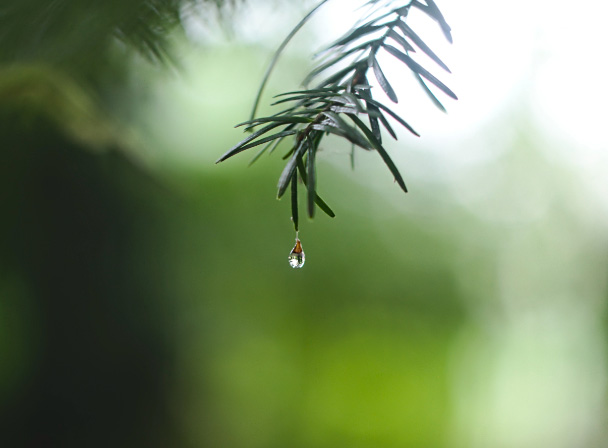Industrial gas and engineering company Linde and hydrogen infrastructure company GreenH have joined forces with SINTEF and Norconsult to investigate the possibilities of setting up a green hydrogen production plant at Langstranda in Bodø. The plant would produce both liquid and pressurised hydrogen with direct delivery for maritime use and road transport in Bodø.
The plant will be based on a local hub strategy.
“By producing and delivering hydrogen locally, we get rid of the need for transport, something which both reduces costs and at the same is good for the environment,” said Morten Solberg Watle, chief executive of GreenH AS. Watle adds that a lower price increases consumption, which again gives better scale effects and lower prices.
Linde has very long experience with producing hydrogen, and offers state-of-the-art technology and solutions throughout the value chain: from electrolysis and liquefaction to storage, transport, bunkering, and filling. In 2019, Linde had global revenues of about 20 bn NOK in hydrogen, including more than 80 electrolysers in operation, and about 200 filling stations worldwide. In addition, Linde has recently expanded its production capacity for supplying liquid hydrogen in Leuna, Germany, the equivalent of the production facility planned in Bodø, said Øystein Aasland, Head of Process Industry Linde Gas AS.
Wants to supply the Vestfjord ferries
The plant aims to supply hydrogen to the Vestfjord ferries, which was recently announced by the government. The ambitions around this plant are, however, greater than the Vestfjord. The plant will be central in a network that will not only supply boats with hydrogen, but also use oxygen, excess heat, and deliver hydrogen for other purposes, beyond the transport sector.
“It fits perfectly with Bodø’s plans for a green and smart city in connection with the relocation of the airport,” said Stian Erichsen, Vice President Business Development at Norconsult. Norconsult is responsible for the overall planning.
Good news for Bodø
For Bodø municipality, the plant will involve investments in the order of 750 million NOK and give big and positive economic effects and value creation for both Bodø and the region. In addition, the strategy will give synergies to Bodø as a smart city where hydrogen can be pumped in pipes to filling points, and where excess heat can be used in urban development.
An example for possible synergies is the cooperation with Pelagia Bodø herring oil factory, where it will be studied if it is possible to have pipes transporting hydrogen one way and excess heat the other way.
The plant is due to start operations in 2024.
